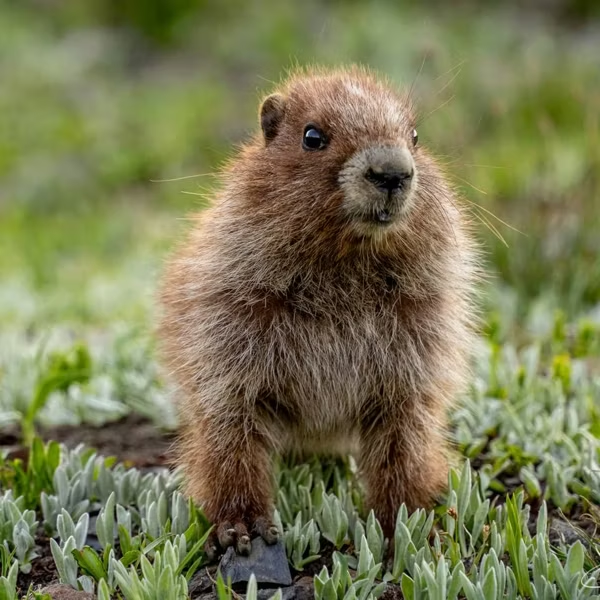Marine conservation group Oceana on Thursday called on the federal government to protect
wildlife throughout the United States' coastal areas as experts assess the long-term damage done to dozens of species by a crude
oil spill near Huntington Beach, California last week.
An analysis released by Oceana
showed that numerous vulnerable and endangered species have been put at risk following one of the largest spills in the state's recent history, which sent at least 126,000 gallons of crude oil into Pacific waters and nearby wetlands last Saturday--the result of a ruptured pipeline.
"Wildlife and coastal economies cannot continue to be jeopardized by dangerous
offshore drilling," said Geoff Shester, California campaign director and senior scientist at Oceana. "It's past time to permanently protect our coast from offshore drilling."
The Eastern North Pacific's remaining population of endangered blue
whales use the area for feeding on krill, which may now be threatened with a massive die-off due to the oil spill, Oceana reported. The spill may also leave gray whales unable to migrate through the area as they do every year.
"Wildlife and coastal economies cannot continue to be jeopardized by dangerous offshore drilling. It's past time to permanently protect our coast."
Elegant terns, a bird species considered vulnerable due to the extremely limited number of places where it nests, could lose "one of their only remaining nesting sites left in the world," Oceana said, impacting their feeding areas.
"Toxic oil spills don't discriminate in polluting ocean ecosystems. From the seafloor to the ocean's surface, the waters off Southern California contain some of the most endangered species and fragile habitats on the West Coast," said Shester. "While the extent of the damage to oiled habitats and wildlife and the economic implications of closed fisheries are still unfolding, we hope that this analysis will help inform response efforts and that it will be considered when ensuring the responsible party is held fully liable for damages that could have been prevented."
Other seabirds who make their habitats in coastal wetlands--including brown pelicans, black skimmers, and least terns--may also suffer lasting effects of the spill even after cleanup crews do what they can to mitigate the damage.
"Once inundated with oil, it is impossible to fully remove oil from these wetlands, which are critical stops along the Pacific Flyway for dozens of species of migratory birds," said Oceana.
The group's warning was echoed by experts including Steve Murawski, a marine ecologist at the University of South Florida.
"Once the oil is in the marsh and it gets down below the level of the sediments, it is there pretty much forever," Murawski
told The Guardian Thursday.
Along with bird and marine species commonly known to the public, Oceana identified deep-sea wildlife and sectors of the economy that are expected to suffer the effects of the spill, including:
- At least 15 types of deep-water coral, which provide key nursery grounds for recreational and commercial fish species and which can be smothered and killed by spilled oil;
- Rocky reefs and kelp forests, which have been federally designated "habitat areas of particular concern" because of their sensitivity, rarity, and ecological importance for a diversity of Southern California fish and invertebrates; and
- Commercial fisheries including market squid, tunas, swordfish, spiny lobster, spot prawn, and red sea urchin, which were valued at $27.2 million in 2020 and have a full value "several times greater" when factoring employment, processing, and seafood products.
"We need the federal government to stop selling off our
oceans for offshore drilling and Congress can make sure that happen in the Build Back Better Act, which is currently being negotiated," said Diane Hoskins, campaign director at Oceana. "We know that oil is toxic. We know we shouldn't eat it, breathe it, or swim in it. But for marine wildlife, that's not an option when oil spills occur."
The group found that an end to all new leasing off California's coast would protect 654,000 jobs threatened by oil spills and over $50 billion in gross domestic product for the state, as well as prevent more than 19 billion tons of
greenhouse gas emissions and more than $720 billion in damages to people, property, and the environment.
"It's time to permanently protect our oceans from any more offshore oil and gas leasing," Hoskins said.




